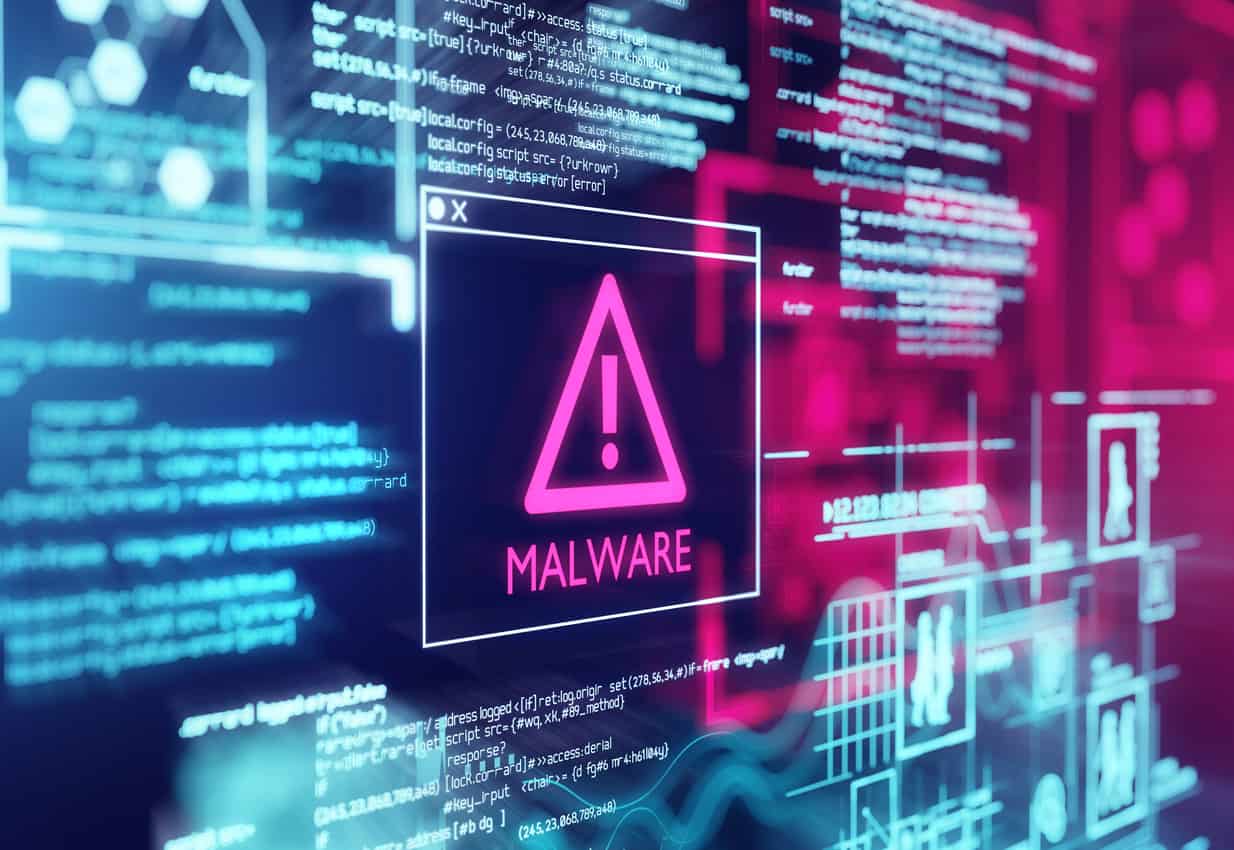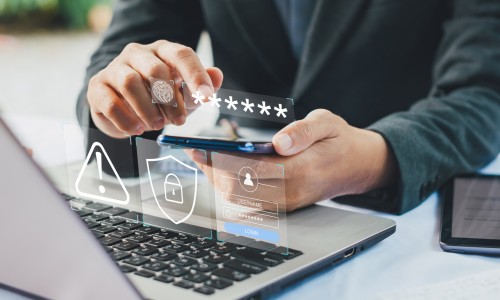
How Do I Know If Someone Is Hacking My Computer?
2 October 2020
Computer hacks are becoming more and more frequent, with a particular increase over the past year amidst the global coronavirus pandemic.
But how can you tell if your computer has been hacked?

Here are some of the main signs:
- Frequent pop-ups. If you start seeing pop-ups in your web browser (and they often appear in sites that don’t usually generate pop-ups) this could indicate that your computer has been infected.
- Your computer often crashes. Or if it’s not crashing, it’s performing slower than usual. This could be a sign that a malicious virus is lurking in the background and disrupting your machine’s performance.
- Password changes. Did you receive an email from a bank or other online service asking you to update your password through the link provided? And now you’re suddenly unable to log into the online account? This suggests you may have fallen into a phishing trap, and unintentionally given hackers access.
- Your Google searches are being redirected. This is a common sign that your computer has been hacked. You might frequently be redirected to sites that you didn’t intend to land on.
- Fake emails are being sent from your account. If a hacker gains access to your email account, they might attempt to send malicious emails to your list of contacts. This doesn’t always mean that your actual computer has been hacked, but if the fake email includes personal details such as your name then it’s possible your system has been infected.
What to do if you think your computer has been hacked:
1) Scan your computer with antivirus software – this should detect any viruses or malware infecting your device.
2) Review all applications and software running on your device. If there are certain apps that you don’t recognise or any that don’t seem legitimate, uninstall them immediately.
3) Make sure to change all of the passwords for your most important online accounts.
4) Remove any external drives such as USBs or external hard drives.
5) If you’re able to, back up your files or add them to Google Drive, and remove your computer’s hard drive. Only do this if you know how to do it correctly.

ICT Solutions can help
If you’re still not sure whether your computer has been hacked, or are not sure how to fix it, ICT Solutions are on hand to assist you every step of the way.
Based in Liverpool’s Baltic Triangle, our knowledge and expertise means that we can give you peace of mind, no matter how big or small your IT problem. Get in touch to learn more about our bespoke cyber security services now.



